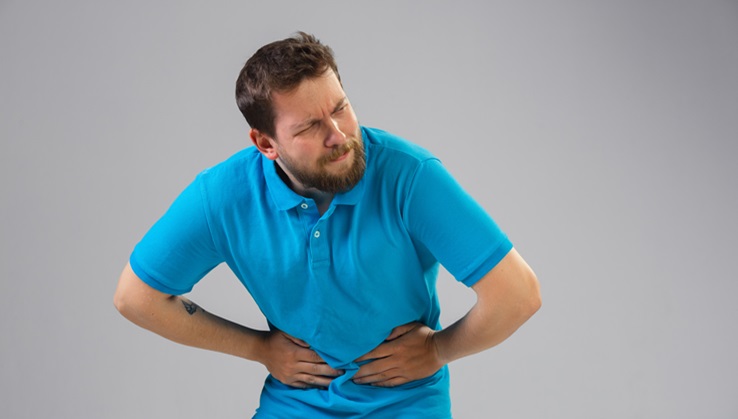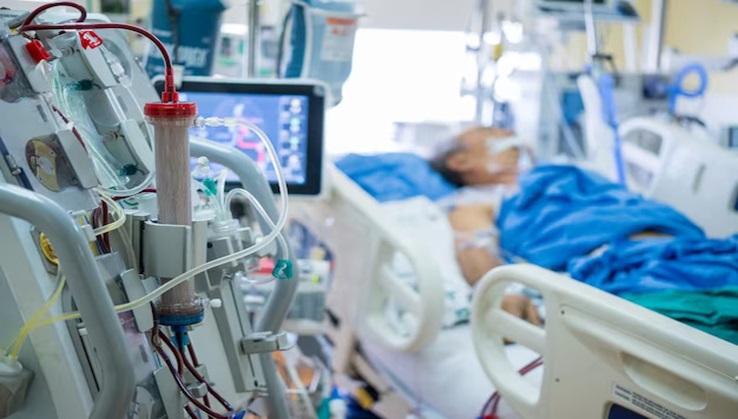Introduction
Kidney stones are a common urological problem that affects millions of people worldwide. These small, hard deposits can form in the kidneys and cause excruciating pain as they move through the urinary tract. Understanding the causes, symptoms, treatment options, and prevention of kidney stones is essential for managing this painful condition. In this article, we'll explore kidney stones in detail and offer guidance on how to deal with them.
What Are Kidney Stones?
Kidney stones, also known as renal calculi or nephrolithiasis, are solid mineral and salt deposits that form in the kidneys. They can vary in size, from as small as a grain of sand to as large as a golf ball. Kidney stones can be made of various substances, with the most common types being calcium oxalate and uric acid stones.
Causes of Kidney Stones
- Diet:High intake of certain foods, such as red meat, salt, and oxalate-rich foods (like spinach and rhubarb), can increase the risk of kidney stone formation.
- Dehydration: Insufficient fluid intake can lead to concentrated urine, making it easier for crystals to form and grow into stones.
- Medical Conditions: Conditions like hyperparathyroidism, gout, and urinary tract infections can predispose individuals to kidney stones.
- Family History: A family history of kidney stones can increase the likelihood of developing them.
Symptoms of Kidney Stones
The symptoms of kidney stones can vary, but common signs include:
- Severe Pain: Intense, sharp, or cramping pain in the back, side, lower abdomen, or groin. The pain can come in waves and may be accompanied by nausea and vomiting.
- Frequent Urination: An increased urge to urinate, along with discomfort while urinating.
- Hematuria: Blood in the urine, which can give it a pink, red, or brownish color.
- Cloudy or Foul-Smelling Urine: Kidney stones can cause changes in the appearance and odor of urine.
- Urinary Urgency: An urgent need to urinate, often in small amounts.
Treatment Options
- Fluid Intake:Increasing fluid intake is often the first step to help small kidney stones pass naturally.
- Pain Management:Over-the-counter or prescription medications can relieve pain during the stone's passage.
- Medication:In some cases, medication may be prescribed to help the stone dissolve or to prevent new stones from forming.
- Extracorporeal Shock Wave Lithotripsy (ESWL): This non-invasive procedure uses shock waves to break the stones into smaller fragments for easier passage.
- Surgery: Surgical intervention may be necessary for large or obstructive stones. Procedures like ureteroscopy and percutaneous nephrolithotomy can be performed to remove or break up the stones.
Prevention
Preventing kidney stones is essential, particularly for individuals with a history of stone formation. Here are some key prevention strategies:
- Stay Hydrated: Maintain adequate fluid intake to dilute urine and reduce the risk of crystal formation.
- Dietary Changes:Reduce the consumption of high-oxalate foods and salt. A balanced diet rich in fruits and vegetables can help prevent stone formation.
- Medication: In some cases, your doctor may prescribe medication to reduce the risk of stone formation.
- Regular Follow-Up: Regular medical check-ups and evaluation of your family history can help identify and manage risk factors.
Conclusion
Kidney stones can cause excruciating pain and discomfort, but with proper understanding, prevention, and treatment, their impact can be minimized. If you experience symptoms suggestive of kidney stones, seek medical attention promptly. By staying hydrated, adopting a kidney-friendly diet, and addressing underlying medical conditions, you can reduce the risk of developing kidney stones and enjoy a healthier, stone-free life.
.pdf%20300X60%20PX-02-02.svg)



